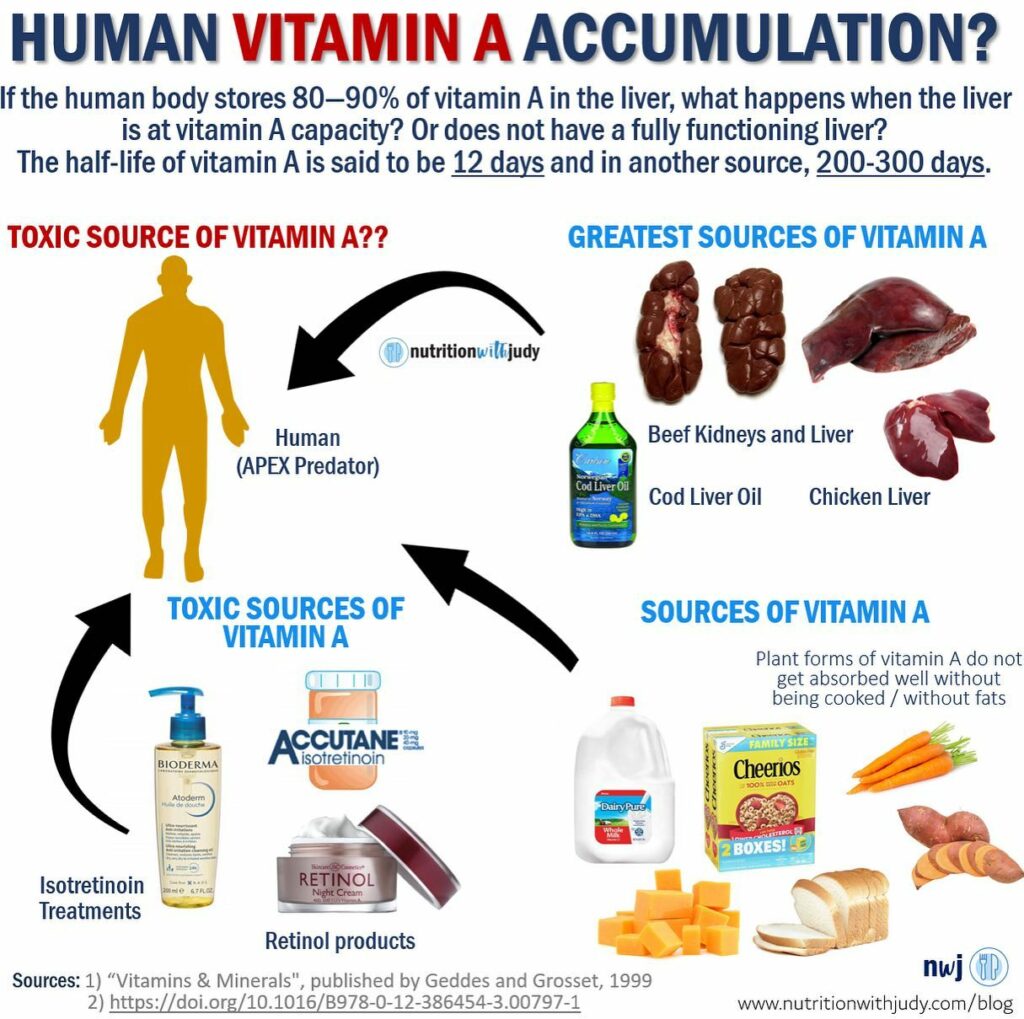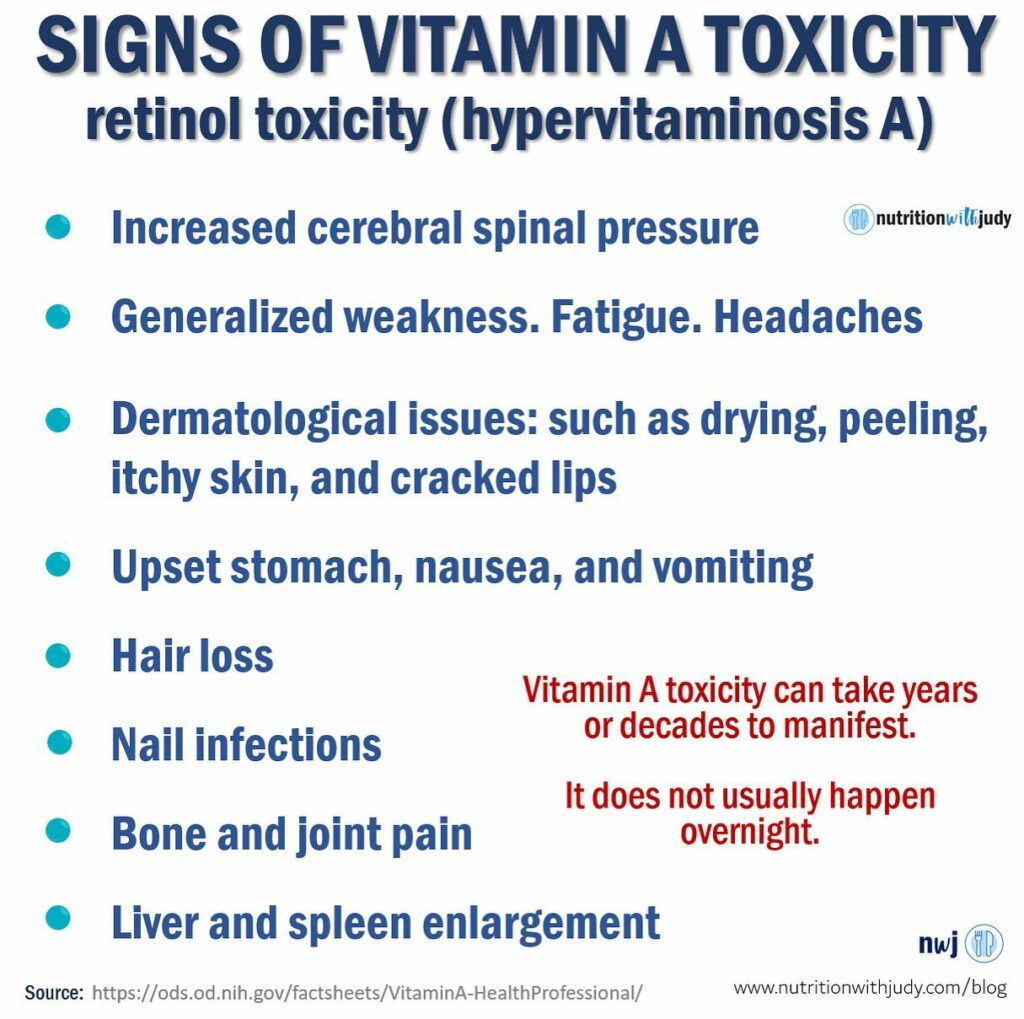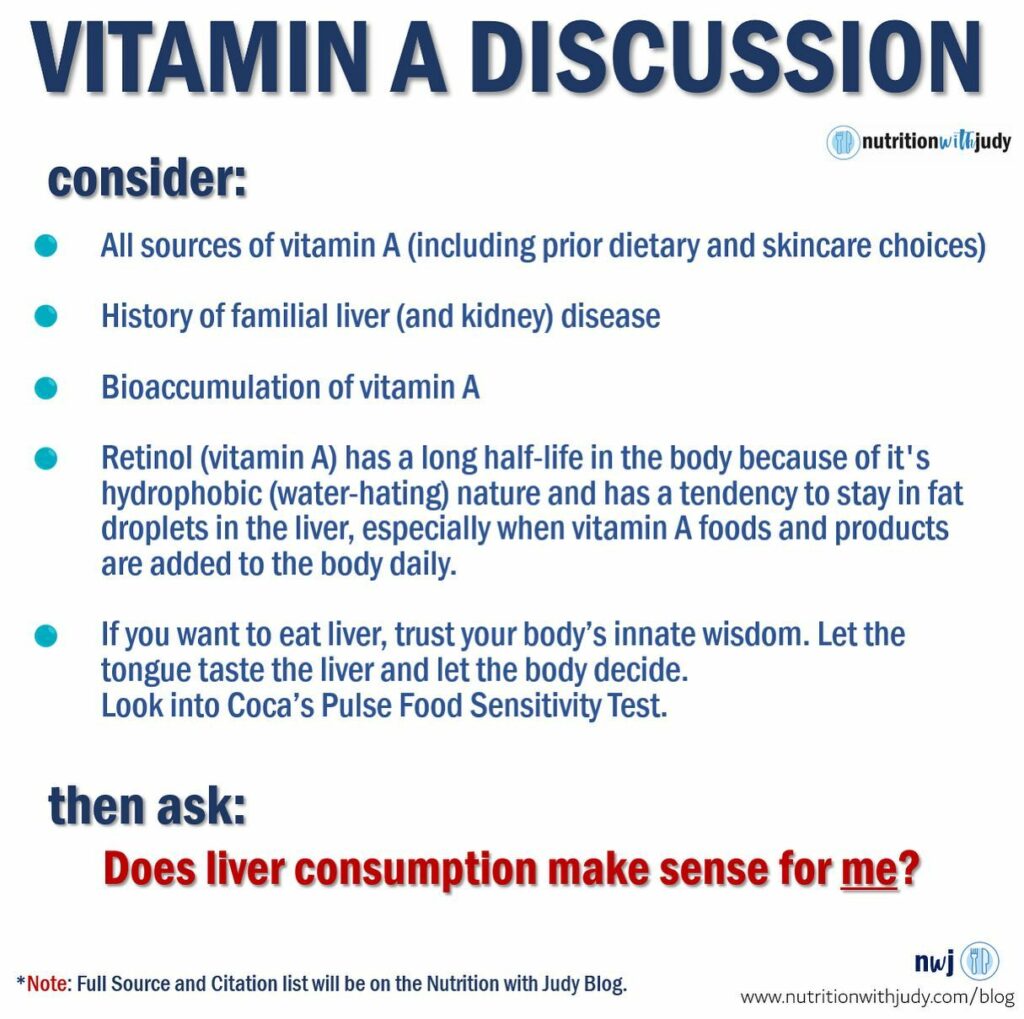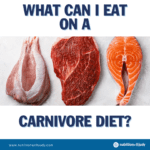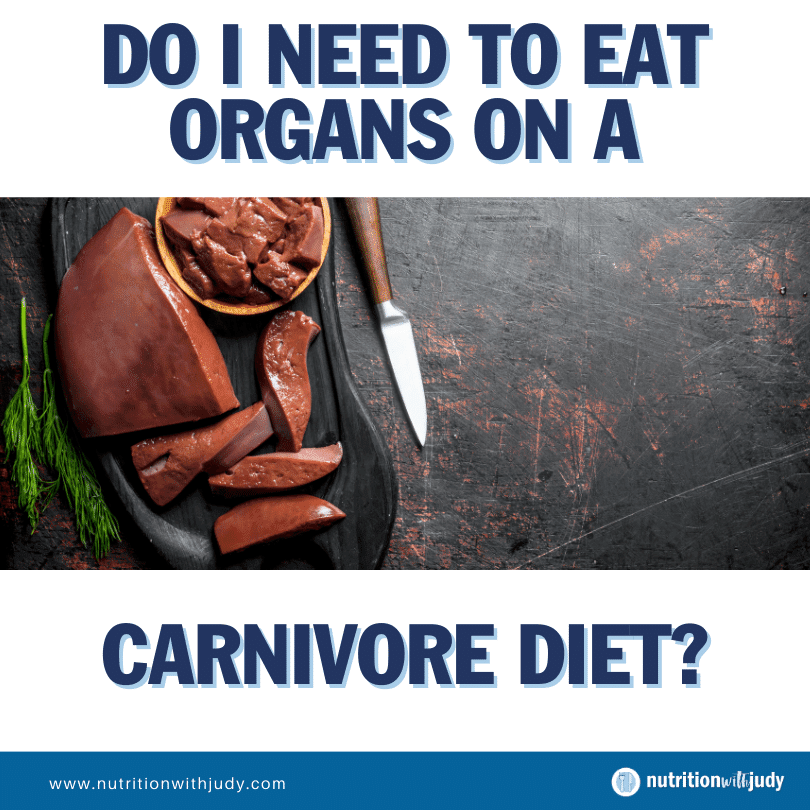

Do I Need to Eat Organs On a Carnivore Diet?


Welcome to our exploration of the carnivore diet, particularly focusing on the role of organs in this nutritional journey. Often hailed as nutritional powerhouses, organs, especially the liver, are frequently dubbed nature’s multivitamin due to their rich nutrient profile.
However, when it comes to incorporating organs into your carnivore diet, there’s more nuance than meets the eye. Contrary to popular belief, it’s not mandatory to consume organs to follow a carnivore diet successfully. We’ll delve into the reasons and alternatives, ensuring your diet is both nourishing and tailored to your individual needs.
What Is the Carnivore Diet?
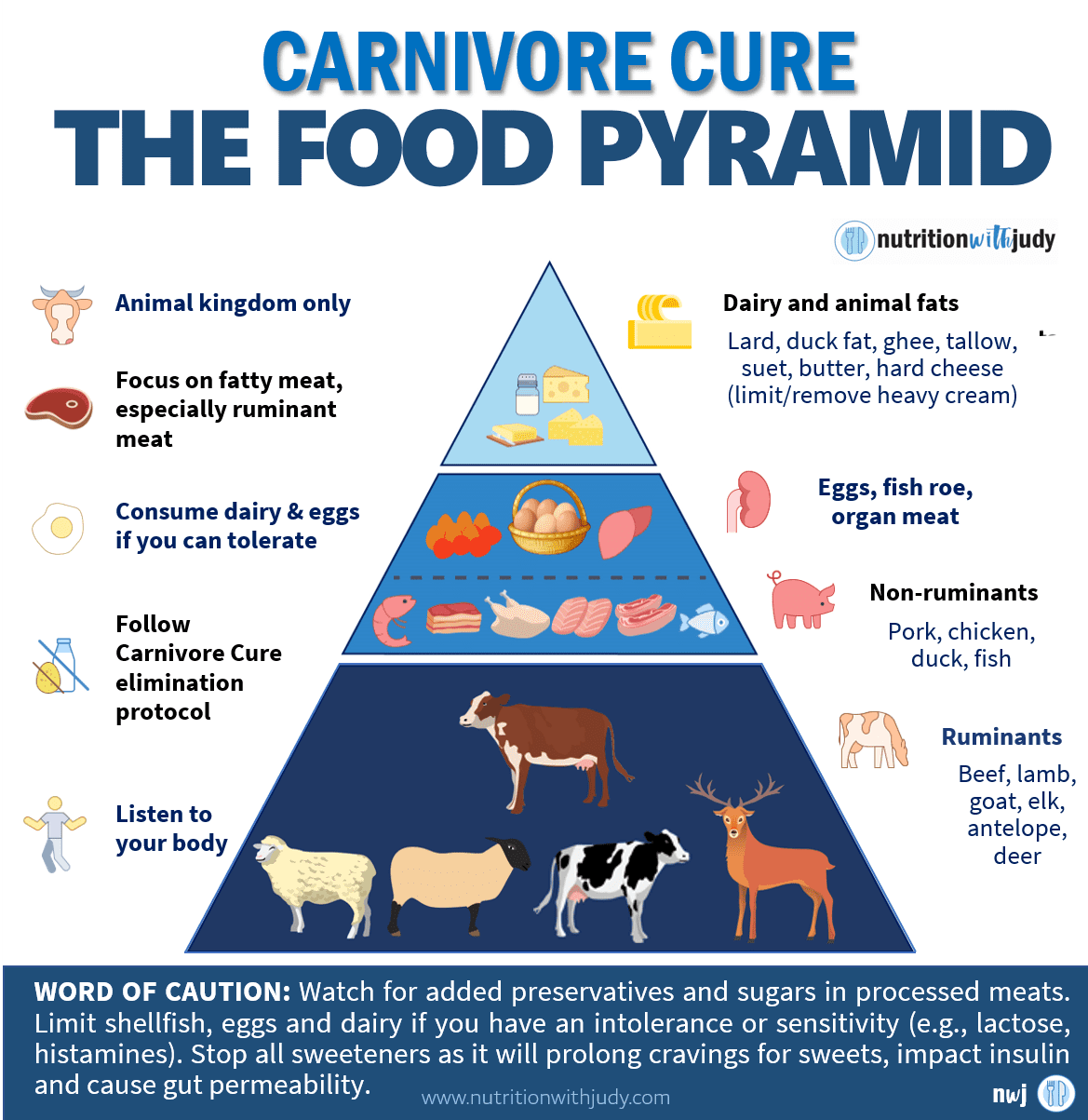

The carnivore diet, a distinctive nutritional strategy, prioritizes animal-based foods, emphasizing meat, fish, and other animal products while eschewing plant-based foods. Celebrated for its potential health benefits such as weight loss, enhanced energy, and improved digestion, the diet offers various adaptations to cater to different health objectives and preferences:
- Beef-Only Variation: Aims for simplicity and elimination, ideal for short-term dietary resets, focusing exclusively on beef to address specific health concerns.
- Lion Diet: Targets those with severe autoimmune and food sensitivity issues, limiting intake to ruminant meats, salt, and water for a less restrictive approach.
- Nose-to-Tail Approach: Advocates for the consumption of the whole animal, highlighting the nutritional value of organ meats, requiring guidance for safe inclusion.
- All-Meat Diet: Broadens the selection to include all types of muscle meats, excluding organ meats, dairy, and eggs, catering to individuals with specific dietary tolerances.
- Zero-Carb Diet: Integrates muscle and organ meats, along with dairy and eggs, maintaining a near zero-carb intake, suitable for those who digest dairy and eggs well.
- Carnivore Keto Diet: Merges ketogenic principles with carnivorous eating, incorporating high-fat, moderate-protein animal foods and minimal carbs, introducing select low-toxicity plants.
- Carnivore-ish Keto Diet: A more lenient option, including select plant foods, ideal for individuals without severe metabolic or food addiction issues.
- Animal-Based Diet: Incorporates raw dairy, eggs, honey, and some fruits, catering to very active, metabolically healthy individuals without sugar addiction issues. This diet variation isn’t recommended.
Each variant of the carnivore diet is designed to meet specific dietary needs and health goals, emphasizing the importance of choosing a sustainable and suitable diet for individual lifestyles.
What Are the Benefits of the Carnivore Diet?
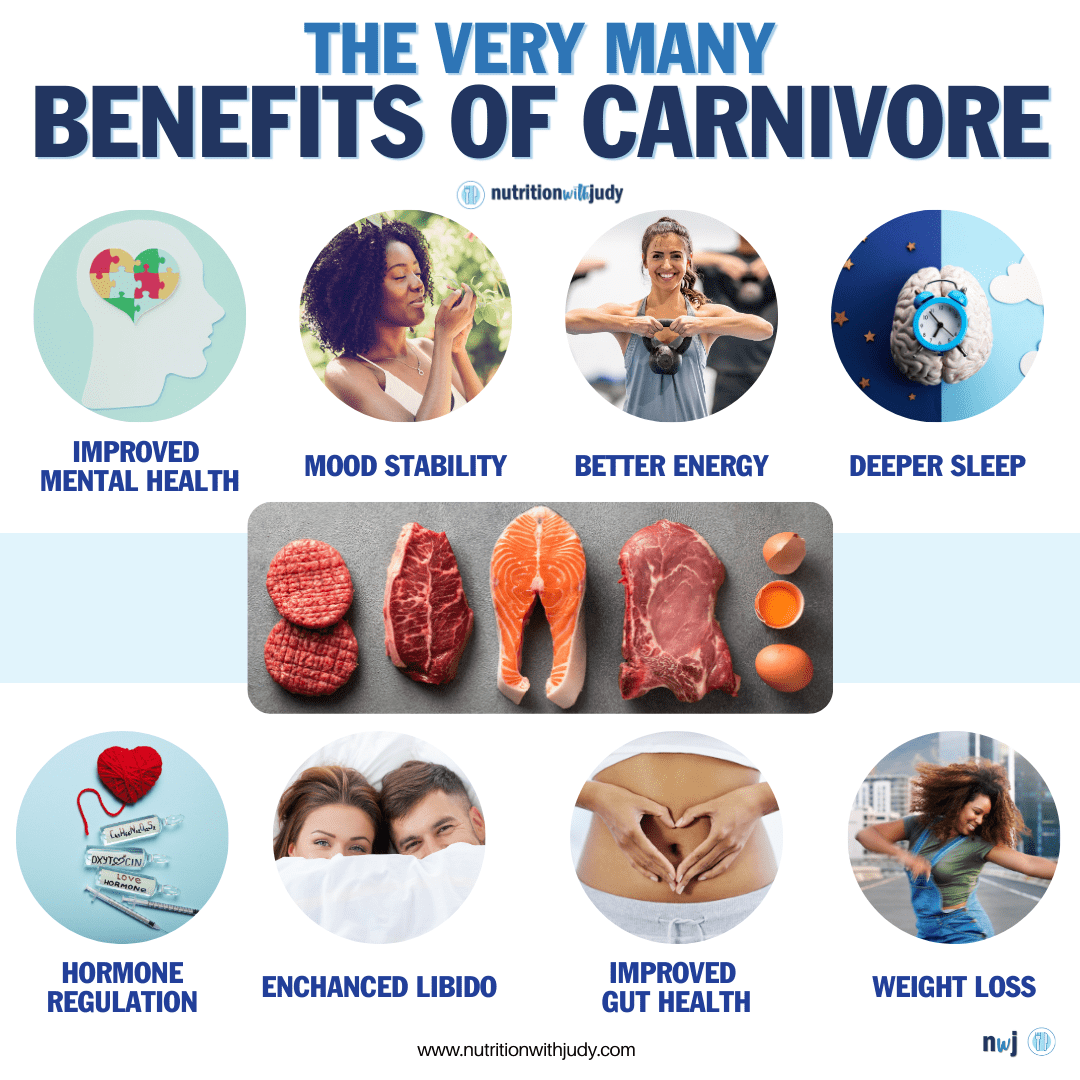

The carnivore diet, focusing solely on animal-based foods, offers a myriad of benefits, making it an appealing option for many seeking health improvements. Key advantages include:
- Nutrient Density: Animal foods provide a concentrated source of essential nutrients, including vitamins and minerals, often in more bioavailable forms than plant-based sources.
- Simplicity and Elimination: This diet simplifies eating by eliminating most allergens and irritants found in plant foods, making it an effective elimination diet for identifying food sensitivities and improving gut health.
- Mental Health Benefits: Many individuals report improvements in mood and mental clarity, possibly due to stable blood sugar levels and high nutrient density.
- Weight Management: The high protein and fat content can lead to increased satiety, aiding in weight loss and management.
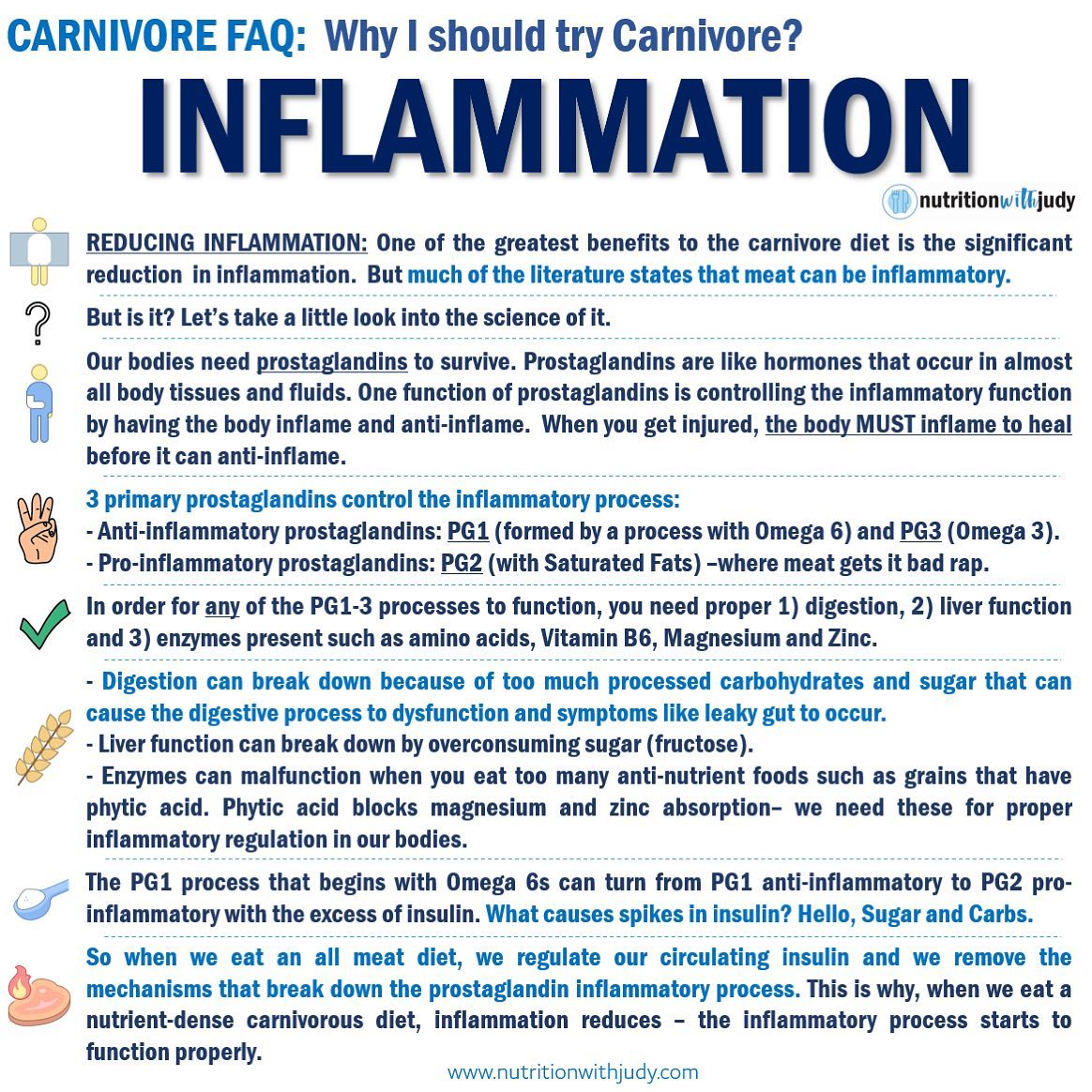

- Reduced Inflammation: By avoiding plant-based foods that may cause inflammation in some individuals, this diet can help reduce chronic inflammation and inflammatory conditions.
- Improved Gut Health: The elimination of fiber and other plant compounds can lead to better digestion and gut health for those sensitive to such components.
- Blood Sugar Control: The absence of carbohydrates aids in stabilizing blood sugar levels, beneficial for those with diabetes or metabolic syndrome.
- Enhanced Energy Levels: Consistent energy supply from fats and proteins can lead to increased and more stable energy levels throughout the day.
- Improved Skin Health: Some individuals experience clearer skin, likely due to the elimination of inflammatory foods and the high nutrient content of the diet.
- Muscle Maintenance and Growth: The high protein content supports muscle maintenance and growth, crucial for overall health and aging.
It’s important to note that individual experiences may vary, and what works for one person may not work for another. Consulting with a healthcare provider before making significant dietary changes is advisable.
Who Should Try the Carnivore Diet?
The carnivore diet, with its focus on animal-based foods, can be an excellent choice for various individuals, especially those seeking to address specific health concerns or optimize their well-being. It is particularly suitable for:
- People With Food Sensitivities: Those struggling with allergies or intolerances to plant-based foods may find relief as this diet eliminates common irritants.
- Individuals With Digestive Issues: The elimination of fiber and complex carbohydrates can aid in digestive health, benefiting those with conditions such as leaky gut.
- Those Seeking Mental Clarity and Mood Improvement: Stable blood sugar levels and high nutrient intake may enhance mental health.
- Weight Management Seekers: High satiety from proteins and fats can aid in weight loss and management.
- Diabetics and People with Metabolic Issues: The low-carb nature of the diet helps in blood sugar regulation.
Customization options make the carnivore diet adaptable for a wide range of individuals. Variations like incorporating certain dairy products, choosing between lean or fatty meats, and the inclusion of eggs or seafood allow tailoring to personal preferences and nutritional needs, making it a versatile option for many.
Which Carnivore Diets Include Organs?
In these diet variations, organ meats are included. The nose-to-tail diet explicitly involves consuming various organs for a complete nutrient profile, mimicking ancestral eating patterns. Organ meats in an animal-based diet are purported to contribute essential vitamins and minerals, balancing the animal and plant components. Similarly, in keto carnivore variations, organ meats are meant to enrich the diet with crucial nutrients while maintaining ketosis.
However, there is nuance when it comes to ingesting organ meats. Many people thrive and heal without including organ meat in their carnivore diets.
Do I Need Organ Meats On My Carnivore Diet
The concept that organ meats are not essential in a carnivore diet is supported by numerous personal experiences. Individuals often report significant health benefits from a carnivore diet without including organ meats. This is likely because the diet, centered around high-quality animal proteins and fats, inherently provides essential nutrients. On the flip side, overconsumption of certain organ meats such as liver and kidney can pose the risk of vitamin A toxicity.
The key lies in the diet’s ability to reduce inflammation and eliminate potential irritants found in plant foods. While organ meats are nutrient-dense, the primary goal of the carnivore diet is to cater to individual health needs and preferences, allowing for flexibility and personalization. Thus, the inclusion of organ meats, while beneficial, is not mandatory for everyone.
What If I Like Organ Meat?
The inclusion of organ meats should be guided by personal preference and tolerance. Their nutritional profile is unparalleled, offering a concentrated source of vitamins and minerals. However, the principle of respecting the body’s natural feedback is crucial. Forcing the consumption of organs, or over-relying on supplements such as desiccated organs, can disrupt the body’s innate ability to regulate nutrient intake and might lead to imbalances. It’s essential to maintain a diet that is both enjoyable and in tune with the body’s needs, using organs as a supplement to, not a cornerstone of, one’s dietary regime.
For individuals who enjoy eating organ meats, we always recommend eating organs in proportion to the animal.
Other Considerations With Organ Meats
Individuals targeting specific nutritional deficiencies or dealing with thyroid conditions may find organ meats and supplements a beneficial addition to their diet, particularly under the guidance of a healthcare practitioner.
However, it’s important to approach this under professional supervision. The practitioner can tailor recommendations to individual needs, ensuring the right balance and avoiding potential nutrient excesses. For those who may not prefer consuming organ meats directly, desiccated organ supplements can be a viable alternative. These supplements offer a convenient way to obtain the nutritional benefits of organs without the need to consume the meat itself. Nonetheless, it’s crucial to use these supplements judiciously and as part of a broader, balanced approach to diet and health.
Ultimately, while organs and their supplements can be powerful tools in addressing specific health issues, they should be used strategically and as part of a comprehensive health plan developed with a healthcare provider.
Organs and Vitamin A Toxicity
Vitamin A toxicity is a potential risk associated with the overconsumption of certain organ meats, particularly liver and kidney, which are high in this vitamin. While vitamin A is essential for various bodily functions, including vision and immune health, excessive intake can lead to adverse effects. Symptoms of toxicity may include dizziness, nausea, headaches, and in severe cases, liver damage.
To mitigate this risk, individuals should consume organ meats in a manner reflecting their proportion in nature. This means prioritizing muscle meat and fat, which make up the bulk of an animal’s body, and eating organ meats more sparingly, akin to their availability from a hunt. This approach helps maintain a natural balance of nutrients, reducing the likelihood of excessive vitamin A intake. It’s a reminder that while organ meats are nutrient-rich, they should be part of a varied and balanced diet rather than a dominant component.
Closing Thoughts On Organ Meat and the Carnivore Diet
Organ meats in the context of the carnivore diet have been discussed from various perspectives. While organ meats such as liver and kidney are nutrient-dense, they are not mandatory for success on the carnivore diet. Many have thrived on the diet without them, focusing instead on high-quality animal proteins and fats.
For those who enjoy and tolerate organ meats, including them can be beneficial, but it’s important not to force their consumption or rely on desiccated organ supplements, as this can bypass the body’s natural feedback system. In certain situations, such as targeting nutritional deficiencies or managing thyroid conditions, organs and organ supplements might be used temporarily under practitioner care.
However, caution is advised regarding vitamin A toxicity from overconsumption of organ meats. It’s recommended to consume organs in ratios similar to how they’re found in nature, prioritizing muscle meat and fat, and eating organs sparingly. This approach reflects the natural availability and balance of nutrients, supporting a varied and balanced diet while preventing potential nutrient imbalances.
Work With Our Trusted Carnivore Diet Functional Nutritional Therapy Practitioners
The Nutrition with Judy practice is honored to be a trusted carnivore diet practitioner support serving clients from around the globe. We’re passionate about helping our clients achieve root-cause healing in order to lead the best quality of life possible that’s nearly symptom-free. Our team is dedicated to educating our community about the incredible benefits of the carnivore diet. We welcome you to explore our free resources and are always available to support you through personalized protocols. Our Symptom Burden Assessment (SBA) is the perfect starting point for discovering your root cause and is required to work with our team— you can learn more in-depth about this powerful tool here.
Start your root-cause healing journey today and contact us any time with any questions or concerns.
DISCLAIMER: This content is for educational purposes only. While we are board-certified in holistic nutrition and are nutritional therapy practitioners, we are not providing medical advice. Whenever you start a new diet or protocol, always consult with your trusted practitioner first.



